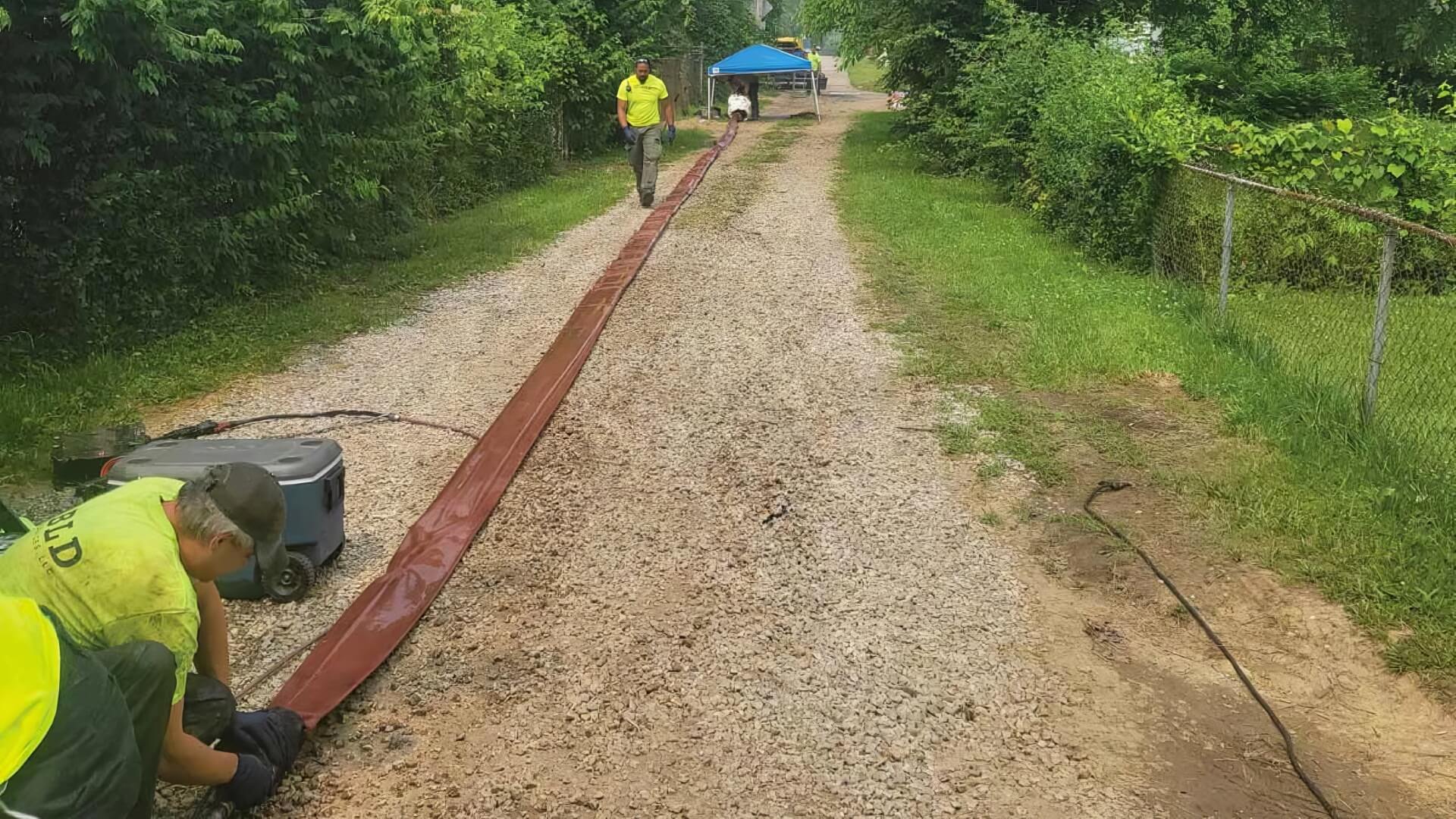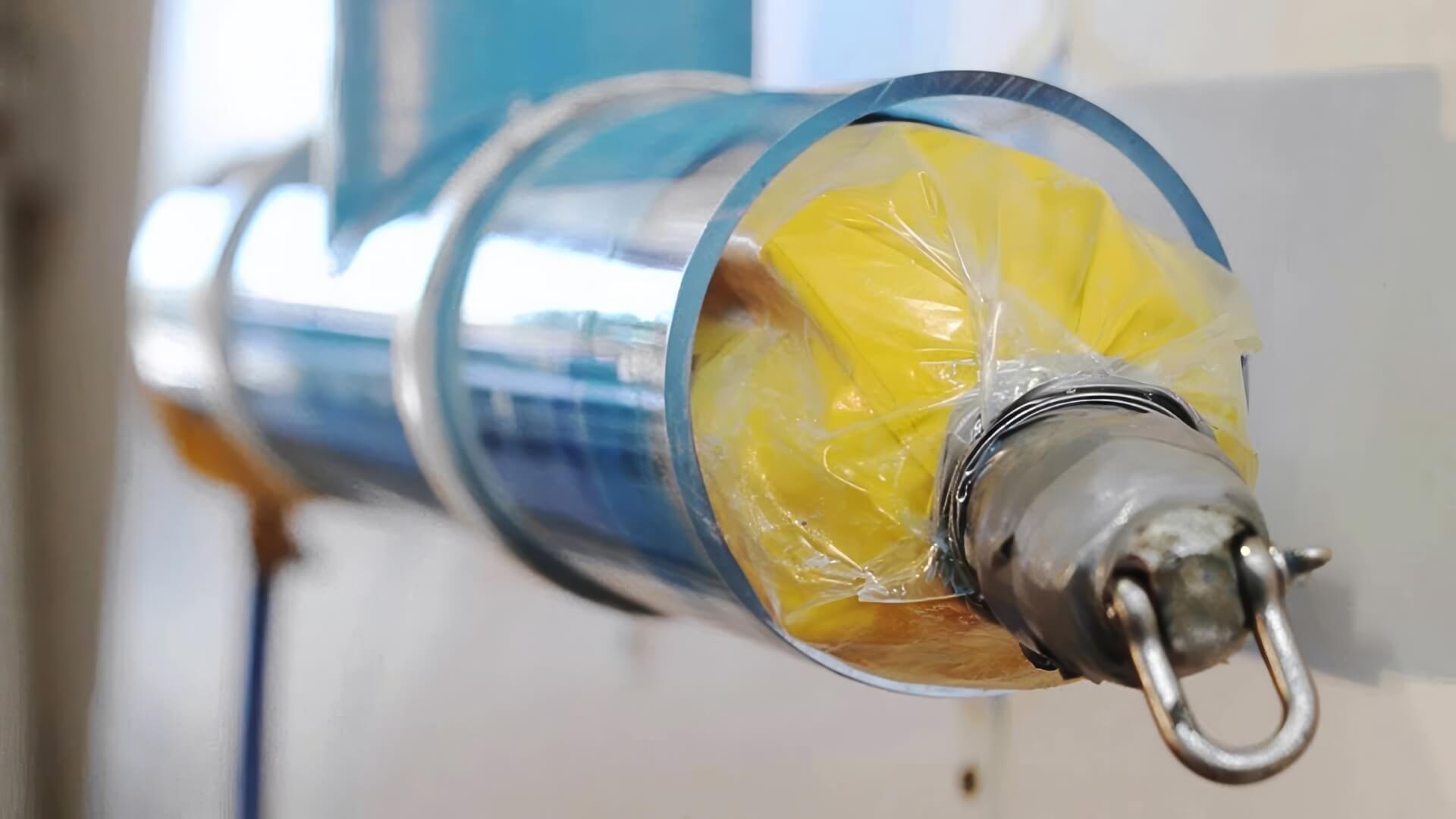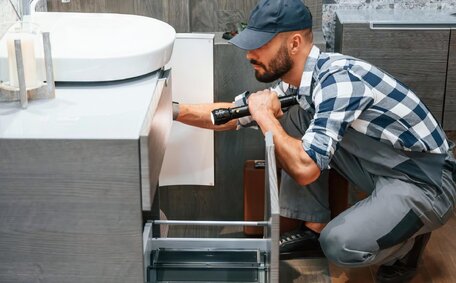Recognizing the Signs of a Gas Leak
A gas leak presents a critical safety hazard requiring immediate attention. Several signs may indicate a dangerous LPG leak in your home or business, such as an unusual odour. Recognising these signs is essential for quick intervention.
A rotten egg odour is a telltale sign of a gas leak. You may also hear an unusual hissing or roaring sound as gas escapes from a compromised gas pipe.
Bubbles in water, dying plants, dirt ejecting from the ground, or symptoms like dizziness and tiredness could indicate a leak in a gas system.
LPG may lack an odorant, thus being harder to detect. Look for indicators like discoloured lawn patches, abnormal window condensation, or a musky LPG odour. Appliances with yellow instead of blue flames may suggest a natural gas leak.
Regardless of the type of natural gas, it is critical to act quickly if you notice any uncommon smells or symptoms that could indicate a leak. Immediately turn off the gas at its source, move to fresh air, and contact the gas company.
Don’t disregard any unusual signs. Prioritising safety is crucial with gas leaks.
Recognising the Signs of a Gas Leak
rotten egg odourhissingroaringWhat to Do if You Suspect a Gas Leak
Refrain from using electrical devices or light sources such as matches and lighters, as they could ignite the gas. Ensure the area is ventilated by opening doors and windows, and proceed with turning off the gas if required.
Evacuate from affected areas to a safe distance after turning off all gas sources to reduce further risk. Call emergency services if anyone exhibits symptoms from gas exposure, and don’t re-enter the area until authorities declare it safe.
The next urgent step is shutting off the gas supply. Quickly close the gas shutoff valves for each appliance to stop gas flow before investigating fixtures.
Locate the meter outdoors and turn the main valve a quarter turn clockwise, so it’s at a right angle to the pipe, effectively stopping gas flow. If the gas odour persists, it suggests a leak between the meter and your appliances.
In a possible fire emergency, Avoid trying to locate or fix a gas leak by yourself. Turn off the valve only if trained and it’s safe. Immediately call a licensed gasfitter or your gas supplier for inspections and repairs.
Executing an emergency gas shut off is vital for cutting off gas supply, preventing leaked gas from accumulating and minimising the risk of fire, explosion or health hazards. When it comes to suspected gas leaks, ensuring fire safety by taking appropriate measures should always be the top concern.
Locating the Gas Shutoff Valve
The main gas shutoff valve is generally located next to the meter outside your home. If the valve handle aligns with the pipe, gas is flowing through it.
The handle is usually yellow or red for easy identification.
Locate and remember where your gas meter is to ensure you and your family are familiar with the shutoff valve’s location for a quick reaction. Keep the valve area unobstructed for easy access during emergencies.
Familiarise yourself with the portable gas safety shutoff valve’s location, so you can find it near your property to ensure a rapid response if a leak is suspected.
Understanding how to locate and manipulate the valves located for gas shutoff is a critical safety measure. Take a moment to check your surroundings near the gas metre and locate the main valve to prepare yourself in case you ever need to enact an emergency gas shut-off.
How to Turn Off the Gas Supply
Turning off gas in emergencies is simple, but evacuate the building and verify the leak isn’t inside before doing so for safety reasons.
After securing safety, locate the main gas shutoff valve near your gas meter. Using an adjustable wrench or the correct tool, turn the valve 90 degrees clockwise until it is perpendicular to the pipe, stopping the gas flow.
If you still detect gas inside after closing the main valve, there may be a leak between the metre and your appliances. Carefully switch off each off gas appliance by hand using the individual shutoff valve. Appliances such as gas hot water systems, stoves, dryers, and pool heaters will each have their own shutoff.
Following an emergency shutoff, especially with off gas water heaters, refrain from turning gas back on yourself; leave this to the professionals who can safely relight pilot. Contact your gas provider or licenced technician to inspect for leaks and restore safe service once repairs are made. They are skilled at testing connections and can competently relight pilot lights on gas appliances.
By adhering to these steps, you’ll safely and expediently stop gas to minimize risks in a leak emergency. Your safety is the foremost concern before attempting to halt gas flow on your own.
When to Call a Professional
- If you cannot safely access the gas meter or turn off the main valve, do not tamper with it and promptly call your local provider or emergency services.
- Should a gas odour persist within the confines of your house after the main valve has been closed, professional intervention may be required to address a potential piping leak.
After you have performed an emergency turn off gas procedure, ensuring all gas is off, call a licenced technician to inspect, and if necessary, immediately call your gas supplier or emergency services.
Safety Precautions When Dealing with a Gas Leak
When a gas leak is suspected, safety should always be the top priority. There are important precautions to take when dealing with a potential gas leak.
Ensure your area is well-ventilated by opening doors and windows and shut off the gas if needed. Refrain from using matches, lighters or anything that can ignite. Put out all smoking materials.
Avoid using any electrical appliances or switches, as even a tiny spark could ignite leaking gas.
Inspect gas heaters, stoves, ovens and hot water systems regularly for any signs of wear or damage to hoses, pipes or connections. Look for any dirt or debris buildup that could damage components. This preventative maintenance helps avoid leaks.
Never try to locate the source of a leak yourself. Leave repairs to qualified professionals.
Should you encounter the scent of gas, hear hissing sounds, or notice signs of a leak, Ensure everyone’s safe; shut off your appliances and exit the building immediately. Then, only if its safe to do so, turn off your gas using the main meter valve before reaching out to emergency services.
Exercising caution with safety measures is paramount during a suspected leak. Evacuate, ventilate, and turn off the gas to mitigate risks and contain gas emissions until help arrives.
Steps for Restoring Gas Service
Once a gas leak is addressed, following key steps is vital to safely reinstating your gas service. This process should only be performed by a licenced professional gas fitter or your gas provider - never attempt to turn the gas back on yourself.
First, the technician will thoroughly inspect your gas installation to ensure the leak has been fully repaired. They may conduct tests by pressurising the gas line and using detectors to check for any remaining leaks. Every faulty pipe section or component that gas can erode must be replaced.
Each of your appliances operated by gas will require a thorough check, including assessing the pilot light. Your specialist will check appliances like your water heater, stoves, and oven to heat your home to ensure they function correctly and are safe to use. Adjustments may be required for optimal combustion and airflow.
Once the system is confirmed safe with no remaining leaks or issues, the technician can slowly restore gas flow, verifying that the gas been fully controlled. They will monitor pressure gauges to ensure stability. All gas appliances’ pilot burners will be reviewed and tested to ensure correct operation.
The final step is ensuring gas detectors show normal readings throughout the property, confirming it is safe for you to reoccupy. A professional will offer proof that your system is certified for safe use gas and functioning correctly.
Following proper procedures to use your gas service restoration ensures your safety. Never try to turn gas back on or relight appliances yourself after an outage. Always confirm repairs are complete and the system is leak-free before use.
Once a gas leak is addressed, following key steps is vital to safely reinstating your gas service.
Keep the safety shutoff valve—mandatory outside residential buildings—readily accessible. Learn its location and how to operate it in an emergency, ensuring clear access and the water supply turned off during maintenance.
Schedule inspections with a licenced gas fitting technician like Padstow Plumbing per year. They can conduct thorough leak checks, assess your appliances and piping for faults, clear vents and flues, and ensure your system meets all safety codes.Stay vigilant about gas safety through preventative maintenance and professional servicing.
Regularly test all gas detectors and replace their batteries as necessary, so they stay operational and alert you to any leaks.
Australian Standards mandate that the safety shutoff valve be accessible and placed outside residential buildings.






